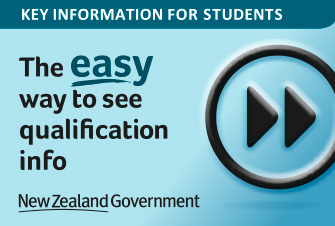Course-related costs for students in NZ4389 - Year 1
The following costs are approximately $62 and are required to be paid for at the time of enrolment in the veterinary nursing diploma programme. You will receive the information as to where to pay these fees during the first week of classes.
- Scrub top approximately $46.89
- Scrub cap approximately $18
Course-related costs for students in NZ4389 - Year 2
The following costs are approximately $120 and are required to be paid for at the time of enrolment in the veterinary nursing diploma programme. You will receive the information as to where to pay these fees during the first week of classes.
NZ Veterinary Nursing Association subscription (approximately $65)
This is the renowned group of registered/New Zealand veterinary nurses who promote the professional and highest veterinary nursing standards in New Zealand. You will receive a student membership, and this fee includes:
- Access to professional conduct and development resources
- Online newsletters and quarterly journals
- Access to peer-reviewed articles and quizzes to help with CPD
- More information can be found at www.nzvna.org.nz
As a student, this is a valuable resource for learning and referencing in your assessments in this programme. You also receive insight into employment opportunities available post-graduation.
Dosimeter badge (approximately $21.56 per term)
A dosimeter badge is provided to you as a student to ensure you are meeting the health and safety standards necessary in this programme. You will need this badge to be allowed to take radiographs of patients in clinics during work placement. You will receive a new badge every six months. You are expected to return these badges to your programme coordinator at the designated time to ensure we meet health and safety requirements. Please note, if you lose or do not return your dosimeter to your programme coordinator at the correct times during the semester, you will be required to pay additional fees per unreturned dosimeter.
You will also be responsible on your own to provide yourself with the following:
- Wintec-approved scrubs and name badge (if not previously received in a Wintec VNA programme)
- Stethoscope and wristwatch
- Optional: nurse’s pouch and fob watch




